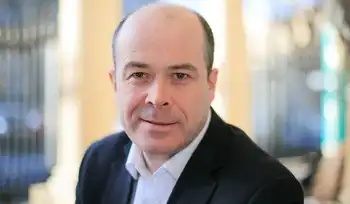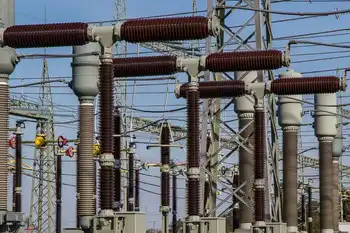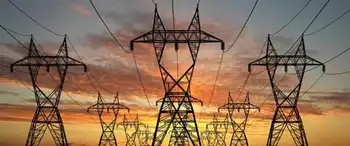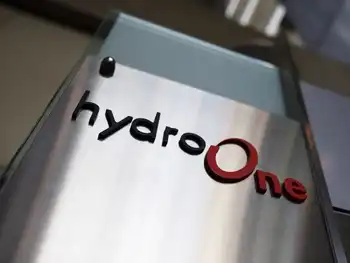UK approves 10 new nuclear sites
All but one of the locations put forward by utility companies keen to play a role in the UK's burgeoning nuclear renaissance have been approved as "potentially suitable" for new reactors by 2025.
Only Dungeness in Kent has been turned down, because it could not cope with another nuclear facility without irremediable damage to the local environment. Three other sites – at Druridge Bay in Northumberland, Kingsnorth in Kent and Owston Ferry in Yorkshire – were deemed worthy of further consideration but not in the first phase.
The progress on nuclear new build formed a central part of a National Policy Statement for the sector put forward by the Government yesterday alongside similar strategies for fossil fuel electricity generation, renewable energy, gas and oil pipelines, and network infrastructure.
The UK needs a massive increase in energy generation over the coming 10 years. Doom-mongers warn of power cuts and supply shocks as North Sea reserves dwindle, energy demand rises, and obsolescence and climate change regulations take a large number of power stations out of the existing fleet.
The policy statements, which will be open for public consultation until February, will inform decision-making by the newly created Infrastructure Planning Commission (IPC). The new organization will start work next March, cutting down the planning process for proposals bigger than 50 megawatts onshore and 100 megawatts offshore to just 12 months. In the past, decisions have taken up to six years.
Ed Miliband, the Secretary of State for Energy, said: "We need to make a transition from a system that relies heavily on high carbon fossil fuels, to a radically different system that includes nuclear, renewable and clean coal power. The current planning system is a barrier to this shift.
"It serves neither the interests of energy security, the interests of the low carbon transition, nor the interests of people living in areas where infrastructure may be built, for the planning process to take years to come to a decision."
All new coal-fired power stations will have to be fitted with carbon capture and storage (CCS) technology on at least 300 megawatts-worth of their output from the outset in order to gain planning consent, Mr Miliband also said.
The Government is to fund up to four commercial-scale CCS demonstrations. But only two competitors remained in the race yesterday after a consortium led by RWE npower dropped out, blaming incompatibility in the companies' plans. E.ON and Scottish Power both submitted formal entries for the competition this week, for the Kingsnorth and Longannet sites respectively. RWE npower separately announced that it will shortly apply for planning permission for the largest CCS project attached to a working power station at its Aberthaw facility in South Wales.
The Government's policy statements were welcomed by the energy industry. But critics claim a speedier planning process could override local input. There were also warnings that even the attempts to speed things up have been held up. Tony Ward, at Ernst & Young, said: "The publication of these statements has been subject to delay and they are larger and more complex than originally envisaged. The key now is the ratification process; it is imperative to get these statements finalized and passed through Parliament as soon as possible."
Related News

Ireland: We are the global leaders in taking renewables onto the grid
DUBLIN - Ireland is now able to cope with 65% of its electricity coming from intermittent electricity sources like wind and solar – an expertise Energy Minister Denish Naugthen believes can be replicated on a larger scale as Europe moves towards 50% renewable power by 2030.
Denis Naughten is an Irish politician who serves as Minister for Communications, Climate Action and Environment since May 2016.
Naughten spoke to editor Frédéric Simon on the sidelines of a EURACTIV event in the European Parliament to mark the launch of EU-SysFlex, an EU-funded project, which aims to create a long-term roadmap for the large-scale integration…





